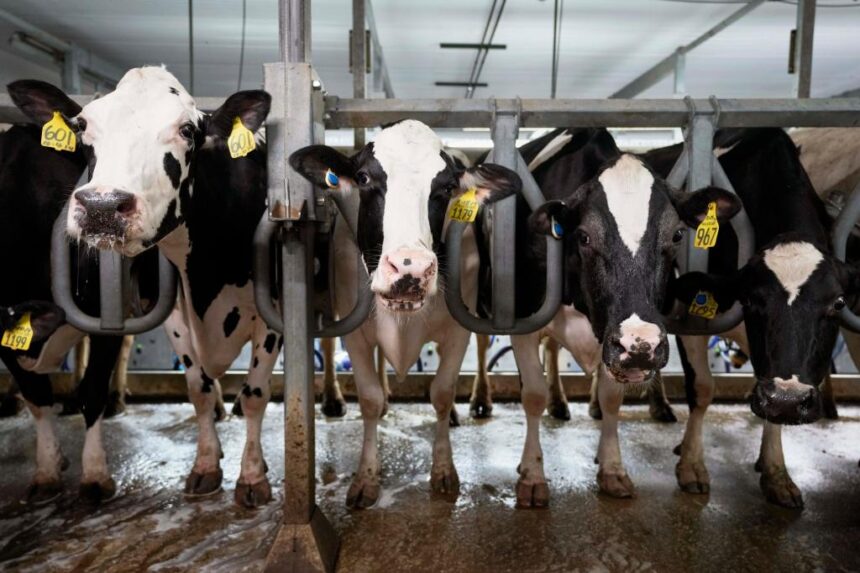After looking like it might stay down for the count, consumer inflation in metro Denver bounced back from a recent low point reached in September, according to an update from the U.S. Bureau of Labor Statistics.
The Consumer Price Index for Denver-Aurora-Lakewood rose 0.2% between September and November and is now at an annual pace of 2% compared to a 1.4% annual rate in September. Inflation in the region remains below the 2.7% annual pace recorded nationally in November.
Food prices rose 0.9% over the past two months, helping push costs higher, while the energy index fell 8.9% over the past two months. Food prices are up 3.6% over the past year, while energy costs are down 8.1%, largely due to lower natural gas and gasoline prices.
“Food prices in metro Denver continue to outpace the nation, putting more pressure on consumers. Over the last 12 months, food prices increased by 3.6% in Denver’s MSA compared to 2.38% nationally,” said Cole Anderson, a research analyst with the Common Sense Institute, in an email.
At the grocery store, the biggest two-month jump came in dairy products at 4.5%, followed by nonalcoholic beverages at 3.9% and then fruits and vegetables at 2.2%. Over the past year, food eaten away from home continues to lead the way with a 5.6% gain, although the monthly increases have moderated.
Higher temperatures in the central part of the country this summer appear to have stressed dairy herds, contributing to a reduced milk output during the peak season, which in turn drove up spot milk prices.
On the plus side, rents were down 0.8% in the past two months and are running at a 1.9% annual pace. An equivalent for homeownership costs is up 1.7% on the year.
After lagging behind the country, metro Denver has started leading again, with a two-month inflation rate four times higher than the U.S. gain of 0.06%, Anderson said.
Originally Published:










